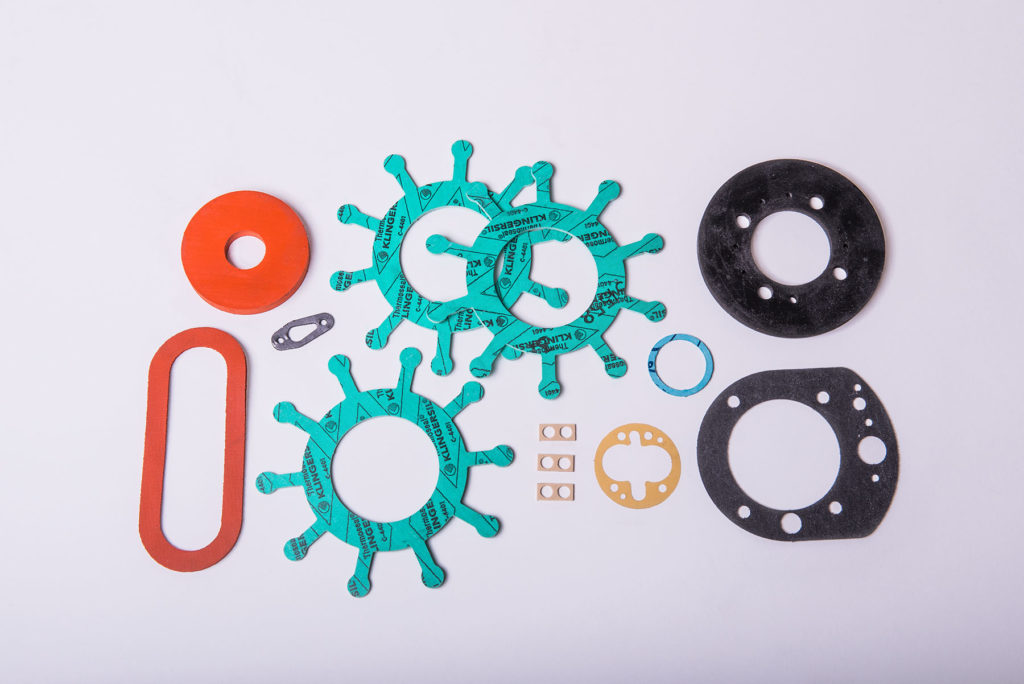There are numerous situations where custom gaskets can be an engineering lifesaver. From helping you R&D new products to replacing parts in a mission-critical piece of hardware that no longer has OEM support, it pays to have a custom gasket manufacturer you can call in when needed.
Also, gaskets can sometimes fail—and if it’s a gasket on a flanged joint, that could mean a blowout. Blowouts don’t merely damage the gasket, they can potentially cause severe damage to equipment or even injure nearby workers. It’s vital to do everything possible to keep your custom gaskets from blowing out, particularly when they’re under high pressure.
Here are a few tips.
- Consult with the manufacturer on material choices
Your custom gasket manufacturer should have extensive experience working with gasket materials. They may even have materials in stock that will perform better than what you’ve used in the past. Always make use of their expertise, so you can get the best gasket for the job.
- Know the expected temperature levels
One of the more common reasons for a gasket to fail is that it’s being used in temperatures outside of the material’s specifications. Low temperatures can cause the material to become brittle, while high temperatures can cause flow and creep. Again, make use of the expertise of your gasket manufacturer.
- Thinner is better
While it might sound counter-intuitive, you actually want gaskets that are as thin as possible, while still accomplishing the job. Using a gasket that is too thick can add more stress to the joint and that increases the chances of dangerous pressure buildup.
- Tighten according to directions
Every gasket material will have recommended tightening procedures, and your custom gasket manufacturer will be able to explain how they apply to your application. Never over-tighten. This can weaken the gasket or even cause it to fail entirely.
- Minimize vibrations
This is good engineering in any case, but vibrations put a lot of extra stress on a gasket over time. When those vibrations are combined with a high-pressure situation, the chances of the gasket failing go up significantly. A little extra engineering time put into reducing vibrations will usually pay off in reliability and longevity.
Trust Precision Cutting Service
Precision Cutting Service can be your affordable go-to source for custom gaskets cut from a wide variety of materials. We’ve been custom cutting gasket solutions for more than 25 years and have the experience you need. Contact us to learn more.


